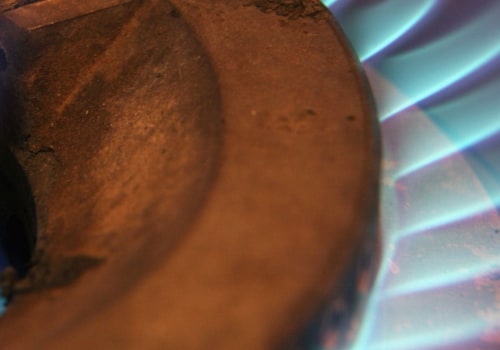Guarantor Loan Requirements To be eligible for a guarantor mortgage loan, you will need to have a family member willing to act as a guarantor. The guarantor will also have to own a home. This is because the home equity is part of the guarantee for your first mortgage loan. Generally, people under the age of 18 cannot be guarantors because they do not have all the legal responsibilities of adults.
Do you want to buy your first home as soon as you can? We explore 10 tips that first-time homebuyers can take advantage of to enter the housing market faster. If you guarantee a loan for a family member or friend, you are known as the guarantor. You are responsible for repaying the loan in full if the borrower is unable to do so. Under a family security guarantee, a family member with sufficient equity in their home can use it as a security guarantee for their loan.
A guarantor is a person or group of people who agree to repay the loan if you are unable to meet your financial obligations. In essence, the guarantor assumes financial responsibility for the mortgage if you do not pay your payments, even though you have no ownership rights to the property. In some cases, your mother and father won't be able to act as guarantors on your mortgage because they don't have enough equity in their property or are about to retire. This is a considerable risk, so you should think carefully before agreeing to be a guarantor for your children.
It is very important that both you and your guarantor understand all the conditions and obligations of a family guarantee before signing it. There is no hard and fast rule with this, but keep in mind that the less equity your guarantor has, the harder it will be to borrow 100% of the value of the property plus the costs of your mortgage loan to avoid paying a deposit and having to demonstrate genuine savings. Lenders perform a series of checks before approving a guarantor loan to assess whether the borrower or guarantor will be able to repay the loan. Becoming a guarantor shouldn't necessarily be your first choice in helping your children enter the housing market.
Most lenders do not allow people who are not residents of Australia to act as guarantors of a mortgage loan, even if they are close family members. Guarantor loans and mortgages are a way to help someone borrow money if they are struggling to get approval from lenders; for example, they may be a young person with a limited credit history or someone with a bad credit history. When you become a guarantor for your children, it means that they can use the equity in your home as additional collateral against your loan and therefore pay less. If the tenant is unable to fulfil his obligations under the lease, you (the guarantor) will be legally obligated to pay, either for past due rent or for property damage.
To give you an idea of what you can expect, I've broken down the advantages and disadvantages of being a guarantor, along with some of my best tips for making it work. Although having a parent or family member as a guarantor is great for young borrowers, it can be risky for the guarantor. If you're the guarantor of a friend or family member who can't repay the loan, it could affect your relationship. However, you should only be a guarantor of someone you trust and are willing and able to cover refunds.






